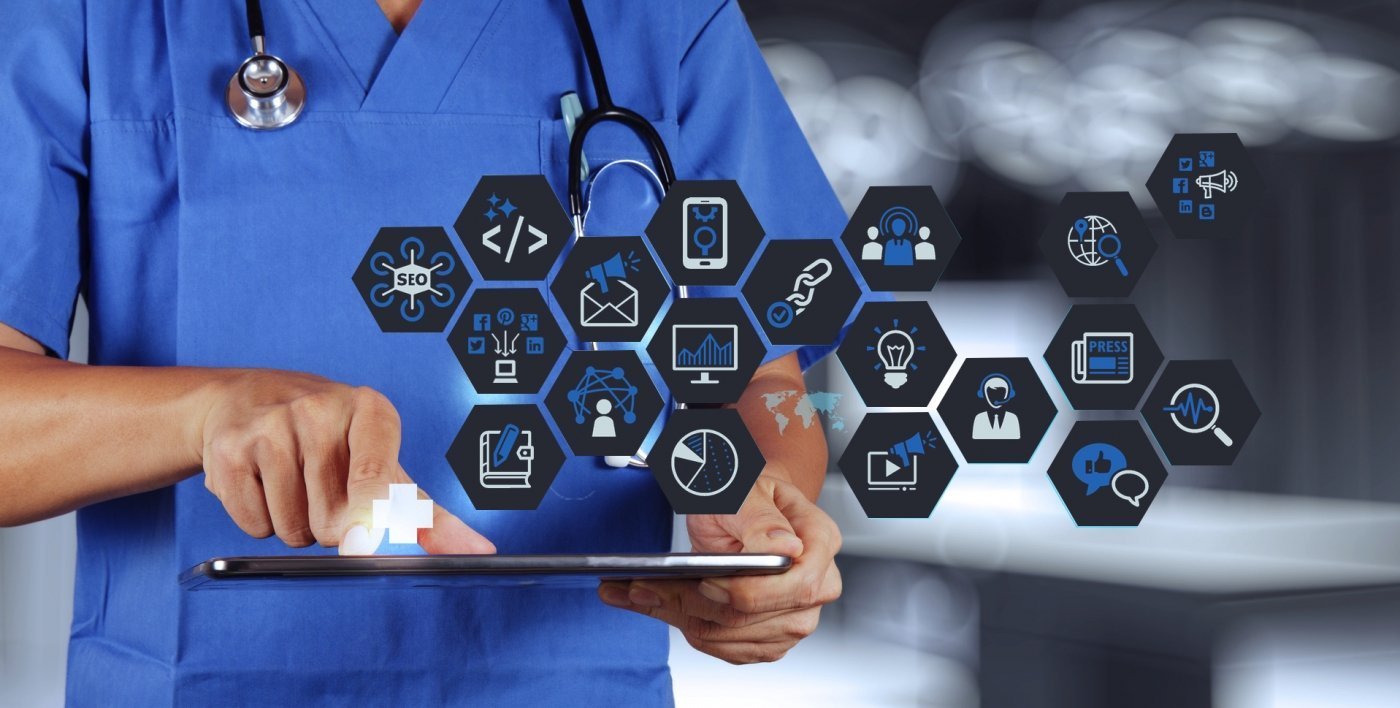advertisement
Smart Health Summit Coming To You From South Africa

Imagine, for a moment, that you feel like an elephant is sitting on your chest. As you stand next to the nurse’s station, with an intern taking your vitals in triage, you wish they could stop asking you questions about your treatment and simply get on with it. Couldn’t they tap in your name or some sort of code or reference number, find all the information you have created thanks to bouts of ill health, and magically discern the problem? I have just described an EMR – Electronic Medical Records that have revolutionised information storage, access and usage. EMRs allow healthcare providers to access patient information in real-time, which helps improve care coordination and patient safety.
You want this, yes? We want this for you too. A deeper understanding of changing patient needs, new regulations and policies and technology disruption is central in healthcare. And if the customer is king, and customer experience accounts for 82 per cent of digital leaders in the world identifying that improving the customer experience is a priority strategy. It means enhancing the patient experience and the delivery of services on top of the charts. This is why attending the Smart Health Summit is a must. The audience is a healthy mix of technology and health practitioners such as GPs, surgeons, orthopaedics to nurses as well as leaders in the health sector including policymakers and facility managers.
The Smart Health Summit is designed to illuminate solutions for the medical C-Suite. I am looking at you, CEOs, CIOs, CFOs, and yes, CMOs who will need to bring in patients to the hospital. The Smart Health Summit is a multi-pronged event. It takes place in Johannesburg, Durban and Cape Town, the latter two as road shows but with just as juicy content as the Jo’burg affair.
advertisement
Why South Africa, we hear you ask?
“We believe that South Africa is the ideal location for this year’s Smart Health Summit due to its vibrant healthcare industry and diverse population. The event aims to showcase the latest technologies and best practices in health care and provide attendees with an opportunity to engage with industry leaders and experts. Participants will gain insights into the latest technology trends and developments in healthcare, learn about innovative solutions to address the unique health challenges in the continent and network with peers,” announced Harry Hare, Chairman, dx.
Done in partnership with ASAIPA (Alliance of South African Independent Practitioners Associations) which represents all primary healthcare practitioners in independent private practice, the idea is to be part of a multi-disciplinary group and/or referral network of practitioners.
advertisement
During the event, your association will have:
- Opportunities to meet, share best practices and advance your knowledge by exchanging information with others from different specialities and organizations who are addressing similar challenges.
- Powerful insights from industry experts can help you identify the most critical elements for digital transformation success.
- Access to interactive round tables, workshops and plenary sessions led by expert speakers and technologists.
- The space to debate, discuss and exchange ideas during networking breaks and over lunch by meeting with event attendees to help discover partnerships, pinpoint areas of collaboration and focus topics for a follow-up conversation.
- The freedom to explore a digital universe of healthcare using hands-on demonstrations outside of formal presentations featuring the latest applications, devices and techniques developed specifically for the sector.
Smart health, also known as digital health, is an emerging field that combines healthcare with information technology. With the increasing prevalence of chronic diseases and the ageing population, the demand for smart health solutions is growing rapidly.
Components of Smart Health
advertisement
Smart health comprises several components, including wearables, mobile health (mHealth) apps, electronic health records (EHRs), telehealth, and artificial intelligence (AI). Wearables such as smartwatches, fitness trackers, and medical sensors move beyond the stylish into the practical. They can monitor vital signs, track physical activity, and provide real-time feedback to users.
Mobile health apps are quite popular with MyFitnessPal, Apple Health, Zuri Health, M-Tiba, and Hello Doctor, downloaded to smartphones or tablets. They are used for various purposes, such as monitoring chronic conditions, tracking medication adherence, and providing health education.
Telehealth options such as videoconferencing provide remote medical consultations and follow-up care with their popularity rising during COVID-19. AI can also be used for diagnosing diseases, predicting outcomes, and identifying high-risk patients.
Smart health has the potential to transform healthcare delivery and improve patient outcomes. It can enable patients to take a more active role in their healthcare and provide healthcare providers with real-time data to make informed decisions.
You can register for the hybrid event here.